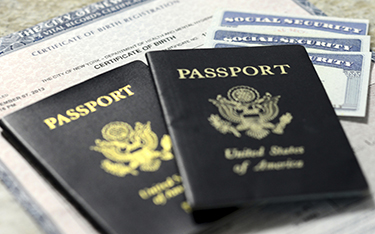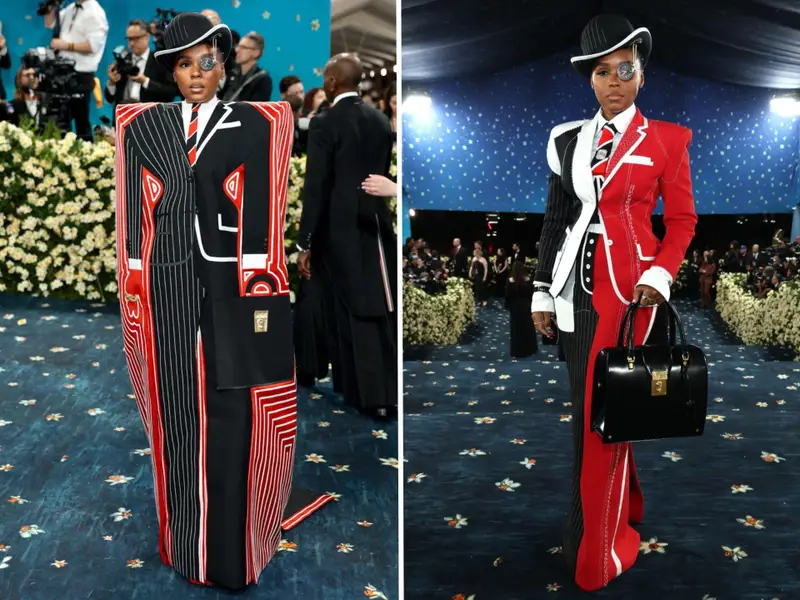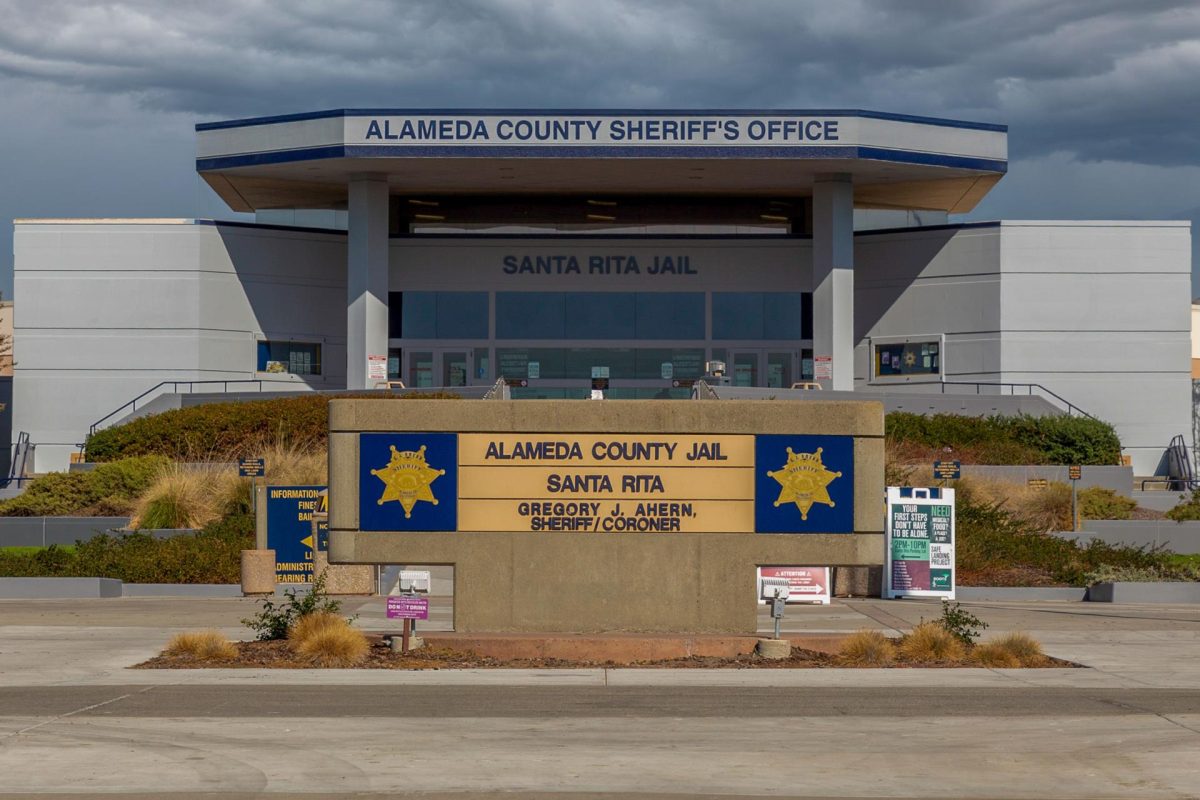As Fallon Middle School’s population increases, the diverse curiosity of future student career prospects vary. As a district, our main priority should be creating more learning opportunities. One way to achieve this is through the inclusion of more elective courses in middle school curriculum.
Importance of Electives
Elective courses offer students the opportunity to explore areas of interest outside of the standard curriculum. This exposure can help students discover new passions and talents, forming a love for learning that extends beyond the classroom. It also allows students to make more informed decisions about their future academic and career paths. For instance, electives like Creative Writing and Visual Arts provide an outlet for students to express their creativity and imagination, while Advanced Visual Arts takes this a step further by delving into more complex artistic techniques and concepts. Electives often emphasize collaboration, creativity, and critical thinking, known as 21st century skills. Courses such as Drama, Leaders in Training, and Speech and Debate not only strengthen artistic abilities but also enhance students’ communication and teamwork skills. Similarly, electives like App Creators, Automation and Robotics, and Computer Science foster problem-solving and logical thinking.
Different Learning Styles
Every student is unique, with different strengths, weaknesses, and ways of learning. Traditional academic subjects may not follow all learning styles. Electives provide an alternative platform for students who might excel in more practical or creative environments. For example, Digital Photography, Beginning Band, and Advanced String Orchestra offer hands-on learning experiences, while Academic Writing and Intro to Speech and Debate cater to students who thrive in more structured, academic settings. Students are more likely to be engaged in their education when they have a say in what they learn. By offering a variety of electives, schools give students the chance to choose courses that align with their interests, increasing motivation and overall enjoyment of school. Electives such as Yearbook, Leadership, and Peer Education and Counseling give students the opportunity to contribute to their school community, while French, Spanish, and Chorus allow students to explore different cultures and art forms.
Student and Staff Interviews
According to a pole that was sent out, many students share their thoughts/ideas about new electives. Students state some of the new electives they would like to add are:
– Baking
– Art and Reading Club
– Literature analysis
– Writing
– Public Forum debate
– Intro to Policy debate
– Media
– Entrepreneurship
– Biology
– Financial Skills
– Animal Care
– More PLTW Electives
Here are a variety of students that were interviewed about electives:
Seventh Grader Siddarth Bhatt: “I like the electives at Fallon because they are unique and interesting. One elective I want is probably video production 2, so I can try video producing. Electives could introduce students to new hobbies.”
Seventh Grader, Sophie Wang: “I think Fallon’s electives are great, there’s definitely a lot of variety to choose from and many interesting, fun options. Students can develop their passion for a skill or potentially get into something they couldn’t enjoy if only typical core subjects were offered.”
Eight Grader, Sarah Grace Batshon: “I think the electives at Fallon are very cool, [but] they need more options. As a 7th grader, I struggled looking for an elective I was interested in. I was very interested in culinary and cooking, [and] it’s a very important part of life. Students need to know how to cook when they end up in college.”
Ms. Kunde, an eighth grade English teacher, recently created the new Creative Writing elective. She states her opinion about the electives provided at Fallon, “I personally feel like there could be more creative electives in general. [For making the Creative Writing elective,] I had to write up this whole proposal with Ms. Zummo last year, and then submit it to the board. Then the board just votes on whether they approve it or not. I think if [students] had more options, and were able to choose things that they were legitimately interested in, that would always be beneficial.”
Conclusion
While core academic subjects are undoubtedly important, the inclusion of more electives in middle school curriculums is equally crucial. Electives prepare students for a diverse and ever-changing world. It’s time for educational institutions to recognize the value of electives and make them a more prominent part of the middle school experience.

























